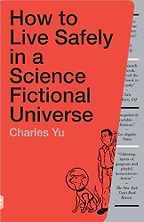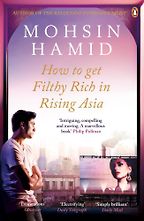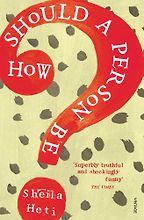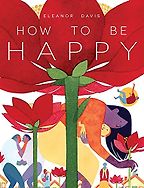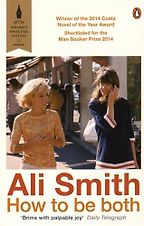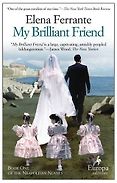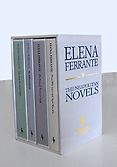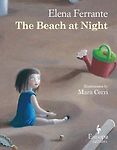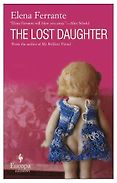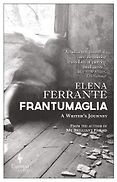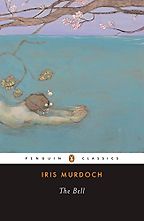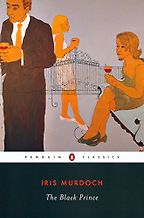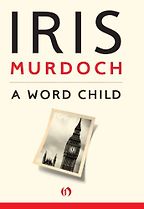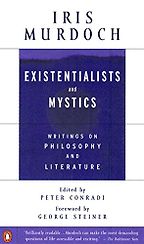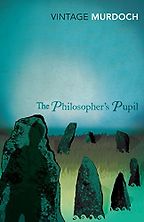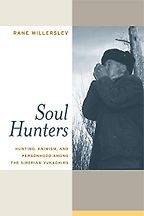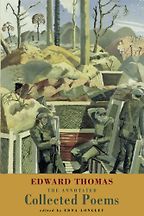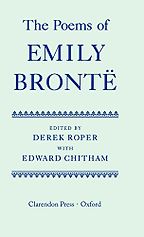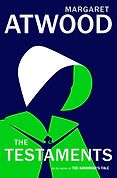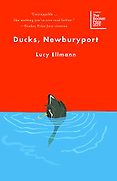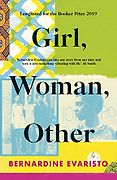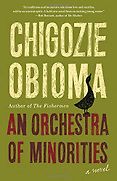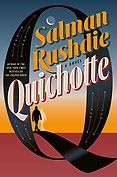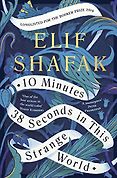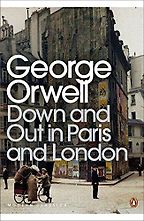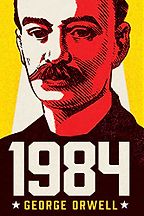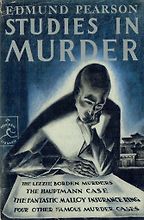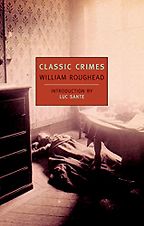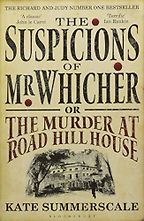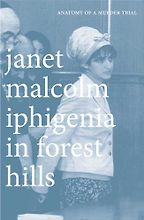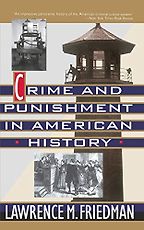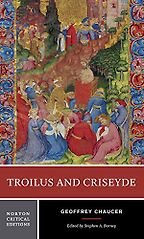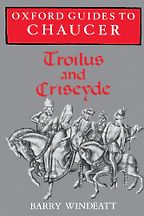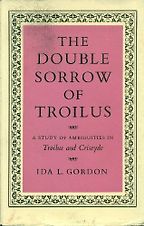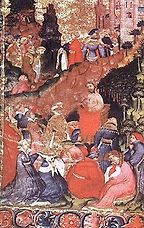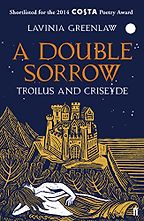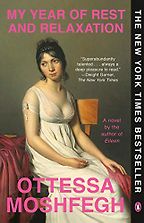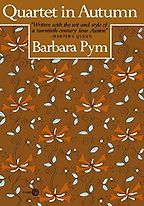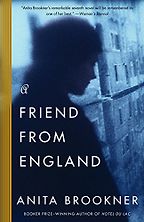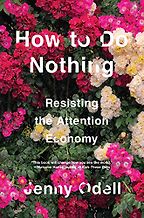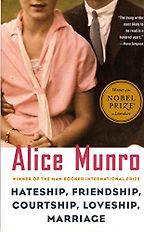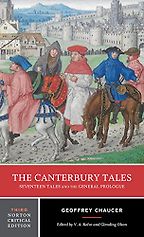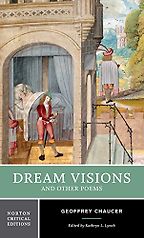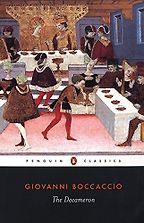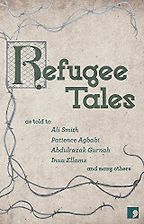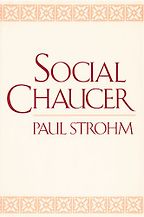Interviewer
Stephanie Kelley
Interviews by Stephanie Kelley
The Best Self-Help Novels, recommended by Beth Blum
Since the publication of Samuel Smiles’ Self-Help (1859) in Victorian Britain, self-help has become a billion dollar industry—and its influence is even felt in the contemporary novel, says Harvard literary scholar Beth Blum, author of The Self-Help Compulsion, a new history of the rise of self-help narratives in modern literature.
-

1
My Brilliant Friend
by Elena Ferrante -

2
My Brilliant Friend: The Neapolitan Quartet
by Elena Ferrante -

3
The Beach at Night
by Elena Ferrante -

4
The Lost Daughter
by Elena Ferrante, translated by Ann Goldstein -

5
The Days of Abandonment
by Elena Ferrante -

6
Frantumaglia: A Writer's Journey
by Elena Ferrante
The Best Elena Ferrante Books, recommended by Sarah Chihaya and Merve Emre
The Best Elena Ferrante Books, recommended by Sarah Chihaya and Merve Emre
From her early novellas to the Neapolitan quartet, the elusive Elena Ferrante has achieved deserved superstar status for the compulsively readable, addictive quality of her writing. Two of the authors of The Ferrante Letters, Sarah Chihaya and Merve Emre, introduce us to Ferrante and recommend what to read next after My Brilliant Friend.
The Best Iris Murdoch Books, recommended by Miles Leeson
Iris Murdoch gained fame as a novelist, a philosopher and, perhaps most prominently of all, for her public and rapid decline (and posthumous immortalization by her husband John Bayley) after an early diagnosis of Alzheimer’s disease. But now, more than a century on from her birth, the attention is returning back to her work. Miles Leeson, Director of the Iris Murdoch Centre at the University of Chichester, recommends what books to read from her canon of 27 novels.
-

1
Red Shift
by Alan Garner -
2
The Viking Way: Magic and Mind in Late Iron Age Scandinavia
by Neil Price -

3
Soul Hunters: Hunting, Animism, and Personhood among the Siberian Yukaghirs
by Rane Willerslev -

4
The Annotated Collected Poems
Edward Thomas (ed. by Edna Longley) -

5
The Poems of Emily Brontë
Emily Brontë (ed. by Derek Roper)
The best books on Witches and Witchcraft, recommended by Diane Purkiss
The best books on Witches and Witchcraft, recommended by Diane Purkiss
For centuries, the witch has been an index not only of what we fear most in others, but also what we cannot cope with—the powerfully abnormal, strange and often irrational elements—in ourselves. And the best way to understand the history of witches and witchcraft is to first understand the supernatural, according to Diane Purkiss, Professor at Keble College, Oxford and author of the lauded book The Witch in History.
The Best Fiction of 2019, recommended by Peter Florence
Each year, a panel of esteemed judges reads over 100 novels to determine which titles will vie for the award of the Booker Prize for Fiction. Peter Florence, chair of the 2019 judges and founder of the famous Hay Festival, tells us why the books on this year’s shortlist are gripping, enthralling must-reads.
The Best George Orwell Books, recommended by D J Taylor
Three-quarters of a century on from its initial publication, George Orwell’s Nineteen Eighty-Four is just as resonant in today’s era of misinformation and fake news as it was in the incipient Cold War era. D J Taylor, author of a prizewinning biography of Orwell, takes us through the extraordinary impact of the author’s fiction and reportage.
The best books on True Crime, recommended by Cara Robertson
Why do women kill? What does violence tell us about human nature? How do the methods of the criminal justice system speak to an era? Cara Robertson—a lawyer, author and expert on the famous Lizzie Borden case—picks five true crime books that deal in murder, individual psychology, public trials and justice.
-

1
Troilus and Criseyde
Geoffrey Chaucer (ed. by Stephen Barney) -

2
Oxford Guides to Chaucer: Troilus and Criseyde
by Barry Windeatt -

3
The Double Sorrow of Troilus: A Study of Ambiguities in ‘Troilus and Criseyde’
by Ida L. Gordon -

4
The Tragic Argument of Troilus and Criseyde
by Gerald Morgan -

5
A Double Sorrow: Troilus and Criseyde
by Lavinia Greenlaw
Troilus and Criseyde by Geoffrey Chaucer: A Reading List, recommended by Jenni Nuttall
Troilus and Criseyde by Geoffrey Chaucer: A Reading List, recommended by Jenni Nuttall
Troilus and Criseyde has a centuries’ old backstory. Long before Renaissance dramas or realist novels, Chaucer wrote a love story set in a besieged city that was a deep psychological exploration of character and human relationships. Jenni Nuttall, author of Troilus and Criseyde: A Reader’s Guide, shares her reading recommendations after over a decade of teaching the poem to Oxford undergraduates.
The best books on Friendship, recommended by Lauren Mechling
Friendships: they can be hard to keep and even harder to understand. Yet so often they end up having enormous impacts on our lives. Lauren Mechling, contributing editor at Vogue and author of the novel How Could She, picks the novelists that best portray the thorny underside of friendship as well as its joys.
The Canterbury Tales: A Reading List, recommended by Marion Turner
Geoffrey Chaucer’s Canterbury Tales not only revolutionized English poetry—they’re also extremely funny and moving. Oxford Professor Marion Turner, who has written the first full-length biography of Chaucer in a generation, tells us about the extraordinary man who wrote them and why we should all read the Canterbury Tales.
